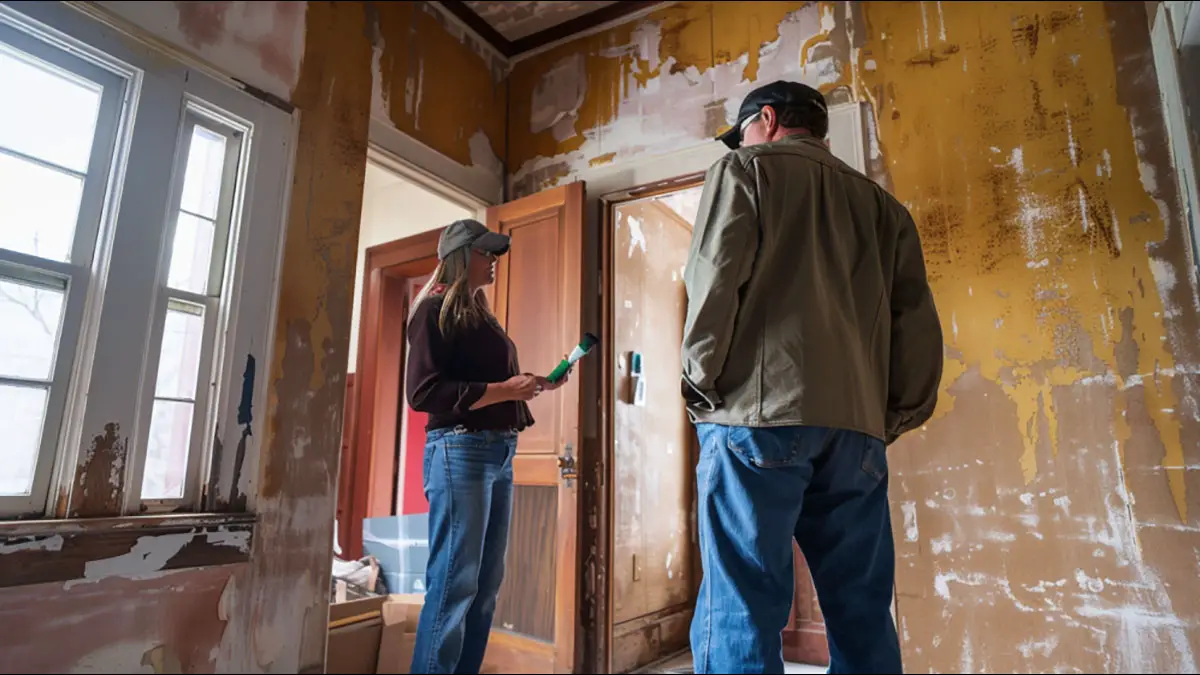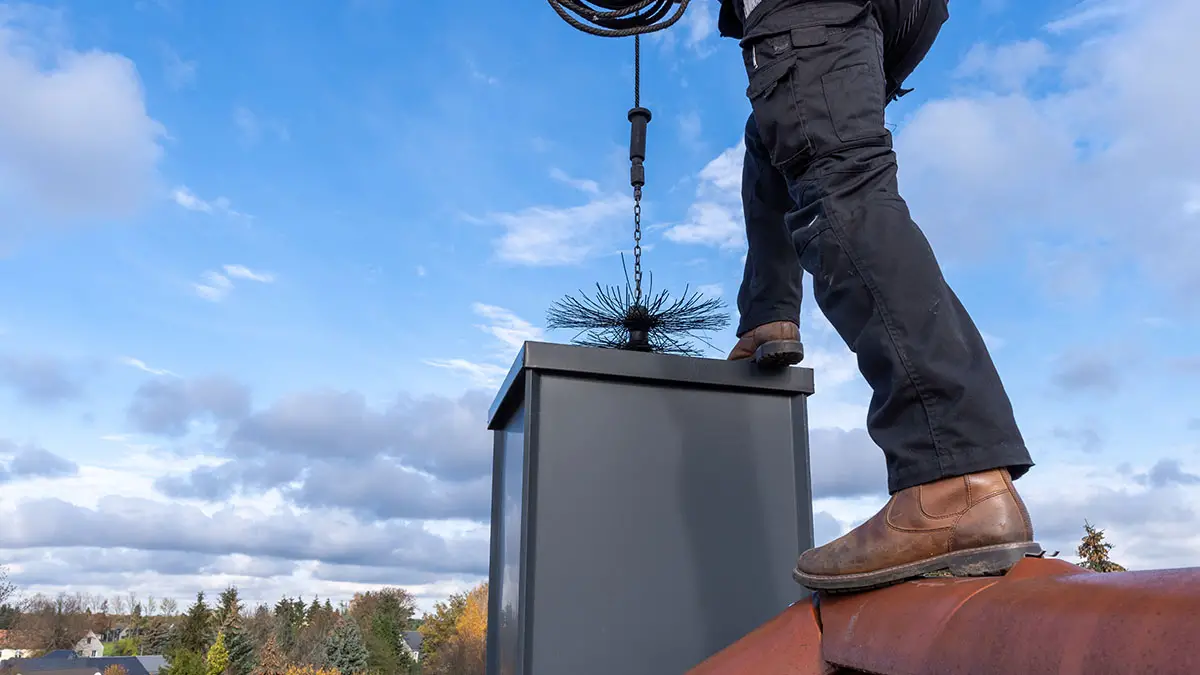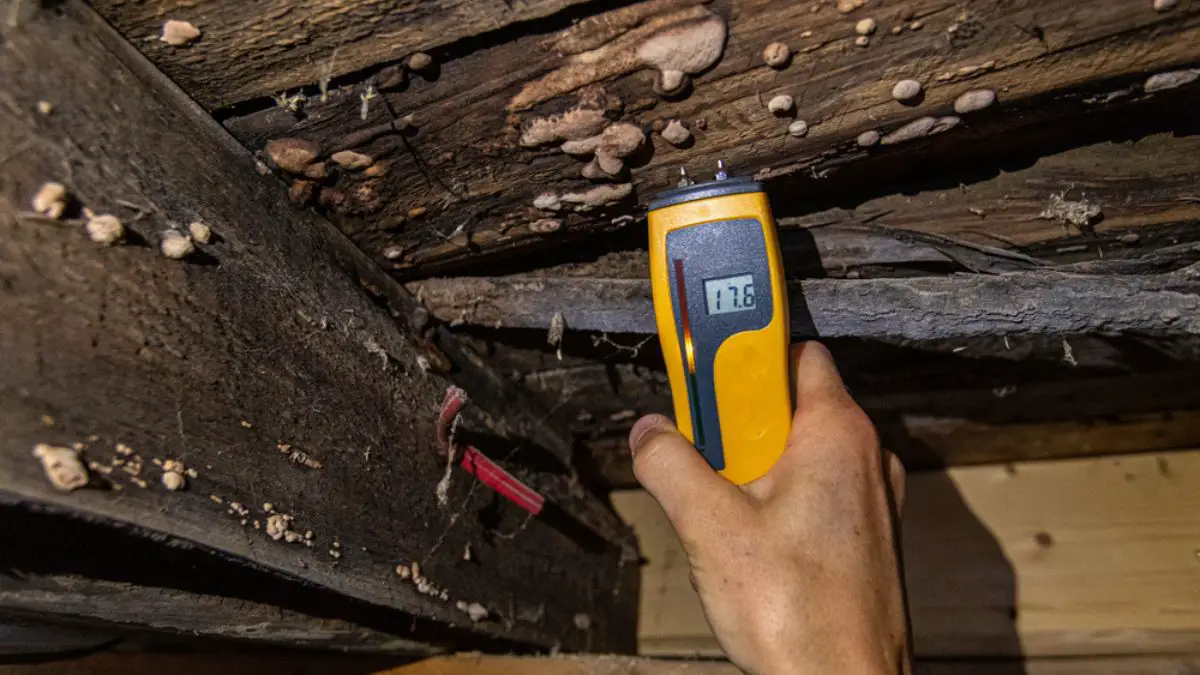In today’s tough housing market, buyers are searching for ways to gain an edge and secure their dream homes fast. One strategy that garnered attention is the decision to waive home inspection contingency.
Potential homebuyers open themselves to a world of possibilities and rewards by considering this bold move. Your real estate contract has a clause called a home inspection contingency. This clause lets you, as the buyer, inspect the home within a specific time.
This clause is like a safety net. It lets you change or cancel the deal if the inspection finds big problems.
Getting a home inspection helps you close faster, negotiate better, and save money. Before making a decision, take a moment to consider the risks and ensure you feel confident about the property’s condition.
You want to make your offer more appealing, so you’re considering waiving the home inspection. Before you decide, it’s important to know the steps and effects.
In a December 2021 survey by Realtor.com, 19% of prospective homebuyers waived the inspection contingency. Historically, only about 14% of potential homebuyers waive inspections.
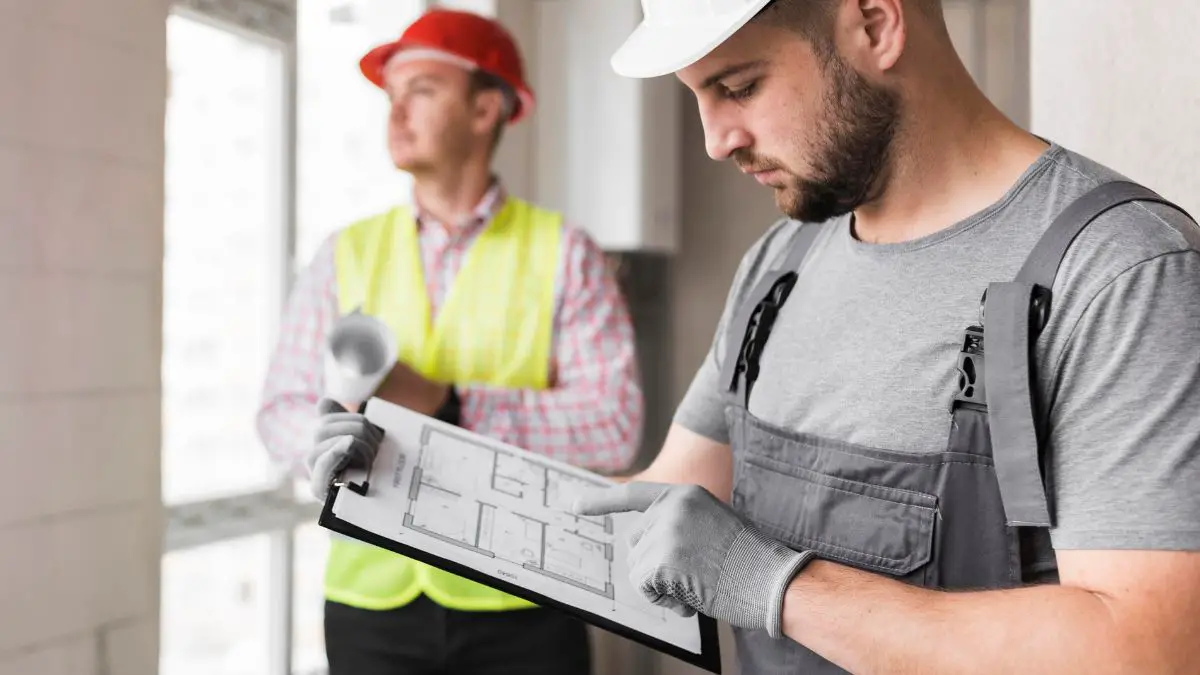
The Importance Of Home Inspection
A thorough examination of the property’s condition is important. It can save you from future problems and costs.
A professional home inspector looks at everything in the house- structure, systems, and parts. They Inspect the foundation, roof, electrical systems, plumbing, heating, and air conditioning.
You will receive a thorough report with important information about the property.
You might wonder, “What kind of issues can a home inspection reveal?” Well, the list is extensive.
5 Common Problems That Home Inspections Often Uncover:
- Structural issues can include foundation cracks or uneven floors, indicating potential major defects.
- Roofing problems: Missing shingles, leaks, or an aging roof can lead to costly repairs.
- plumbing issues: Leaky faucets, weak water pressure, or outdated plumbing systems can be a concern.
- Electrical system faults: Old wiring, broken switches, or systems that don’t follow rules can be dangerous.
- HVAC system malfunctions: A malfunctioning or old system can impact comfort and high replacement costs.
If you have a home inspection contingency, you can ask the seller about repairs or a lower price. It’s your shield, protecting you from purchasing a property with hidden problems.
Important
In a tough housing market, you may want to skip the home inspection to make your offer better. Before you make that decision, it’s essential to weigh the potential risks and benefits.

Reasons To Waive an Inspection Contingency
During the process of buying a home, you can choose to skip the home inspection step. While one should never take this decision lightly, there are certain situations where it might make sense.
Competitive Real Estate Market
In a hot real estate market, homes often receive multiple offers, and sellers can afford to be choosy. Your offer will look better if you don’t ask for a home inspection in this important situation.
It signals to the seller that you’re serious about the purchase and willing to take on potential risks. It’s a bold move that could tip the scales in your favor when competing against multiple bids.
Pre-Inspected Homes
Sometimes, sellers have their homes pre-inspected before listing them on the market. The pre-inspected homes have a detailed report showing the property’s condition.
You can skip the home inspection contingency if you’ve had a professional home assessment. If something seems incorrect, look at the report before asking for another opinion.
New Construction
When buying a newly constructed home, you might think, “It’s brand new. What could be wrong?” New homes are less likely to have wear and tear, but they can still have problems.
Many new homes have warranties from the builders that protect against defects. Choosing to waive inspection contingency is a reasonable risk in such cases.
Expertise In Home Repair And Maintenance
Are you handy with a hammer? Do you have experience in construction or home repairs? Learning about home systems and their problems might make you feel confident and skip inspections.
But remember, even seasoned professionals can miss hidden problems. So, unless you’re sure of your expertise, proceed with caution. In some cases, it can be smart to skip the home inspection. It’s a decision that comes with significant risks.
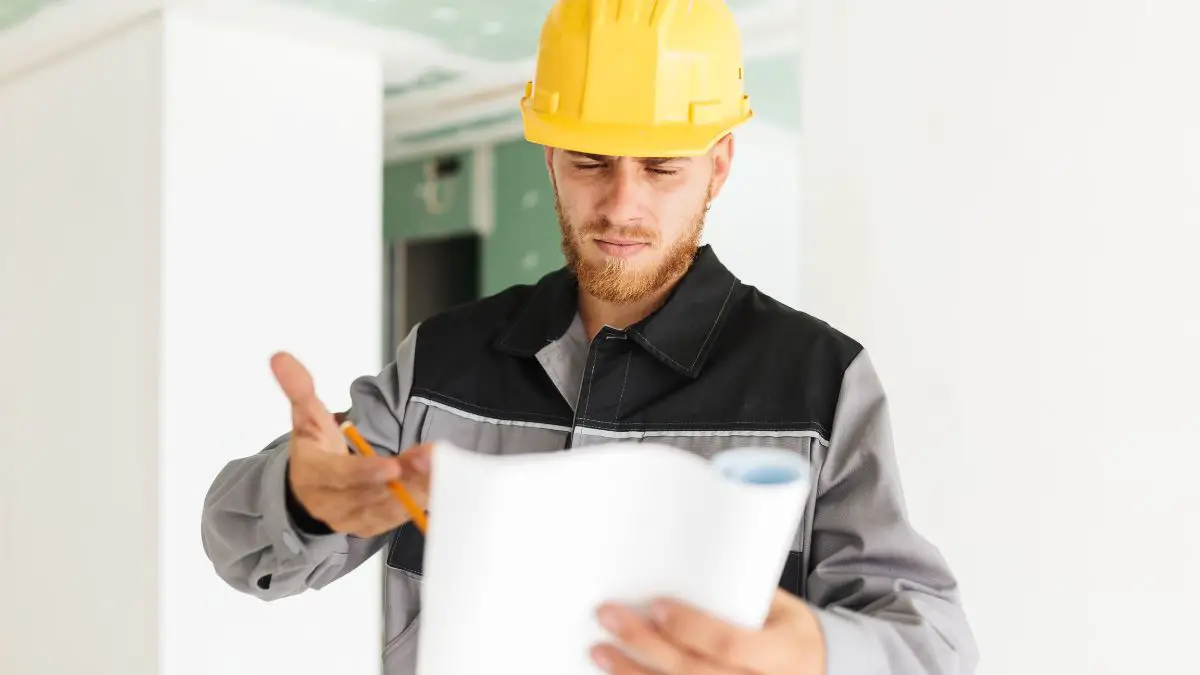
Risks Of Waiving Home Inspection Contingency
Knowing the risks of waiving the home inspection is important when buying a home.
It’s crucial to make your offer more appealing in a competitive market. However, this can have significant consequences.
Unseen Structural Issues
Sometimes, a house may seem perfect initially, but its structure could hide hidden problems. These issues are not immediately visible because they are underneath the shiny outside. From foundation cracks to roof leaks, these problems can be costly and even make the home unsafe.
If you don’t get a home inspection, you’re buying blindly. You rely on the seller’s disclosure and what you can see during your walkthrough. Remember that some problems are obscure, and finding them later can be a big problem.
Potential Financial Implications
Imagine moving into your new home only to discover a major plumbing issue or a faulty electrical system. Such repairs can be substantial, making your dream home a financial burden.
You agree to take on these potential costs by waiving inspection contingency. It’s a gamble that could have a significant impact on your finances.
Legal Implications
When you waive home inspection contingency, you essentially agree to buy the home “as is.” If you have problems after buying something, the seller might not help you legally. You might lose your earnest money deposit if you decide to walk away.
What You Should Consider?
In many states, after the sale, you, the buyer, are responsible for repairs. Deciding to skip the home inspection is risky and can have serious consequences. It’s a risk that should be carefully considered and not taken lightly.
Waiving Home Inspection Contingency In A Competitive Housing Market
Having no home inspection contingency involves careful consideration of various factors. Homebuyers who skip the inspection may face costly hidden issues, like water damage.
What You Should Consider?
Before using the waiver, consult a real estate attorney. Assess current market conditions and understand common contingencies. Use the waiver to negotiate repairs and avoid inspection fees.
Understanding the inspection process and any clauses that may affect repairs is important. This knowledge can reveal additional issues.
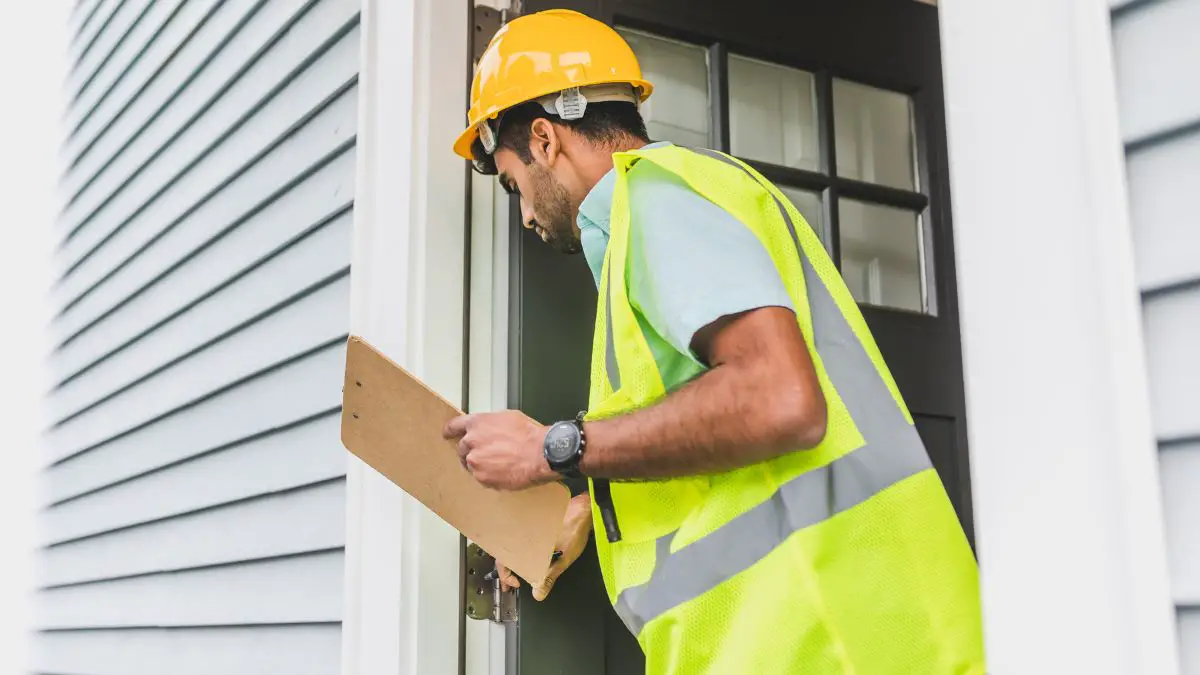
Alternatives To Waiving Home Inspection Contingency
You can find alternatives that balance strengthening your offer without taking too much risk.
Pre-Offer Inspection
One strategy is to conduct a pre-offer professional inspection. In this scenario, you hire a home inspector to evaluate the property before you make an offer.
With this approach, you get all the info about the home’s condition before making an offer.
It also shows the seller that you’re serious about the purchase. Before you make an offer, remember that inspections can be expensive, and the seller may not accept your offer.
Home Inspection For Informational Purposes Only
You can also add a home inspection clause to your offer, but make it only for information.
You’re still having the home inspected, but you’re not asking the seller to fix anything or change the price based on what’s found. It’s a way to protect yourself from major unseen issues without putting the sale at risk.
Use Of Specialized Inspections
Sometimes, you might use specialized inspections instead of general home inspections. These could include a structural engineer inspection, pest, or sewer line inspection.
Special inspections look at specific areas and help us understand possible problems better. It’s helpful if you have specific concerns about the property.
Summary
You can get important property information without giving up the home inspection contingency. You can find a compromise by making a good offer and protecting your interests.
How To Waive Home Inspection Contingency Safely?
Deciding to skip a home inspection is a big choice that needs careful thought and preparation. If you decide to take this route, there are steps you can take to mitigate the risks and protect your interests.
Consult With A Real Estate Agent Or Attorney
Seek professional advice. A seasoned real estate agent or attorney can provide valuable insights and guidance.
They understand the local real estate market and the risks of waiving the home inspection. They also know the legal consequences. Their expertise can help you navigate this decision and protect your interests.
Understand The Property And Its History
The more you know about the property, the better prepared you’ll be to make an informed decision. Ask the seller for disclosures about the property’s condition and history.
What You Should Look Into?
Look for information about past repairs, renovations, and any known issues. If the home is older, it might be worth researching the common problems with homes built in that era. This information can provide a clearer picture of what you’re getting into.
Have A Contingency Plan
Even with the best preparation, unexpected issues can arise. That’s why it’s crucial to have a contingency plan.
Before buying a property, think about setting aside money for repairs or finding another home if you find big issues.
Having a plan in place can provide peace of mind and help you navigate any challenges that come your way.
Deciding not to have a home inspection can help you stand out in a competitive market. But it’s not without its risks. You can confidently reduce the risks and decide by following these steps.
Waive Home Inspection Contingency FAQs
Here are some questions to help you understand waiving an inspection contingency.
Is it a good idea to waive the home inspection contingency?
Before you skip the home inspection, consider the housing market, the house’s condition, and your comfort with risks.
What are the risks of waiving an inspection contingency?
You need to get the inspection to avoid having trouble with hidden issues, costly fixes, and legal limits.
What are the alternatives to waiving home inspection contingency?
There are several alternatives to waiving the home inspection contingency. You can do a pre-offer inspection, get a home inspection for information only, or use specialized inspections.
Can a buyer still request repairs or negotiate after waiving the home inspection contingency?
If the buyer decides not to have a home inspection, they can’t ask for repairs or negotiate based on inspections.
What are the potential cost savings associated with waiving the home inspection contingency?
Buyers can save money by waiving the home inspection. They won’t have to hire an inspector or pay for repairs.
What to expect during a home inspection?
During a home inspection, the property’s condition will be thoroughly evaluated. This includes checking the structure, systems, safety hazards, and more.
Should I waive my inspection contingency?
Buying a house without a home inspection depends on your circumstances and risk tolerance. It is recommended to consult with a real estate professional or attorney who can provide personalized advice based on your situation.
Final Thoughts On Waive Home Inspection Contingency
Navigating the home buying process is a thrilling journey filled with important decisions. One such decision is whether to waive the home inspection contingency. Choosing this option can be a smart move in a competitive market. However, it does come with risks.
We’ve examined why home inspections matter and why some people may skip them. We aim to give you the information needed to make smart choices based on your needs and goals.
Remember, every home buying journey is unique, and there’s no one-size-fits-all approach. Get advice, know the property, and have a backup plan.




